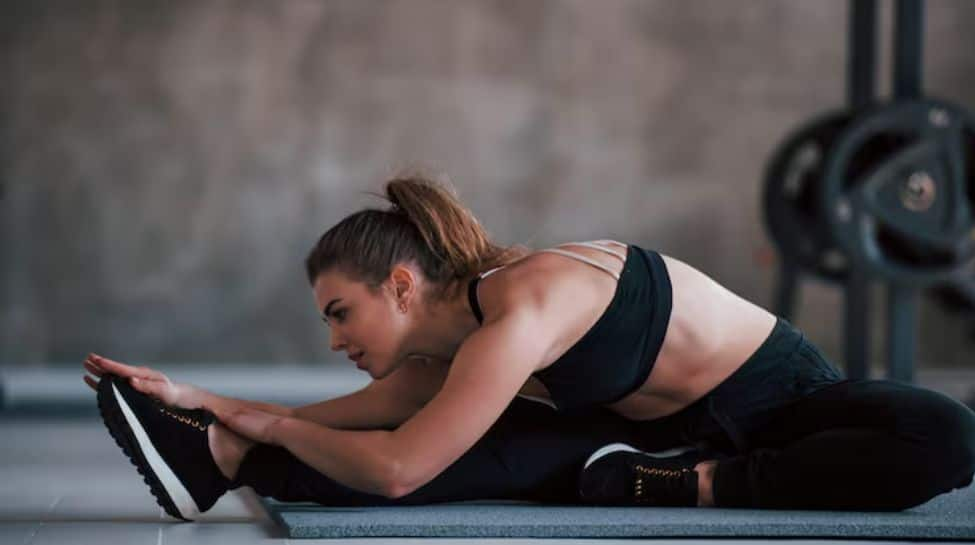It’s easy to assume that someone who looks fit, i.e., toned muscles, low body fat, and a confident posture, must be healthy. But looks can be misleading. I’ve met people who appear athletic yet lose their breath on a flight of stairs, and others who don’t “look the part” but can run, lift, and move with ease all day. Real fitness is about function first, aesthetics second.
What does true fitness actually include?
Fitness is a collection of abilities: cardiovascular endurance (how well your heart and lungs perform), muscular strength and endurance, flexibility and mobility, balance and coordination, and healthy body composition. One also needs to consider sleep quality, stress management, and consistent nutrition to have a fuller picture. Each element contributes to how well you live your life, not just how you look in photos.
Kushal Pal Singh, Fitness and Performance Expert, Anytime Fitness India, and Dr. Arpit Sharma, Fitness Trainer and Physiotherapist, share the difference between looking fit and being fit.
Strength and functional movement matter more than you think.
Lifting weights isn’t confined to looks. Strength builds bone density, protects joints, and makes daily tasks easier, from carrying groceries to playing with your kids. Functional movements that mimic real life, i.e., squats, pushes, pulls, hinges, a carry, etc., are often better indicators of practical fitness than isolation exercises aimed purely at shaping a muscle.
Cardio isn’t optional
A strong heart and lungs mean energy and longevity. Cardio fitness is about being able to sustain effort & not marathons as it’s stereotyped to be. Short, steady sessions or interval work can both improve endurance. If you find yourself winded after light activity, your appearance won’t protect you from fatigue or longer-term health risks.
Mental fitness and recovery count
Stress, poor sleep, and chronic fatigue undermine every training plan. Fitness that ignores recovery is fragile. Good sleep, deliberate rest days, mobility work, and simple mindfulness practices make your physical gains stick. I tell our gym members: if you can train hard but never recover, you’re not really winning.
How to check if you’re truly fit
Skip the mirror test. Ask yourself: Can I climb stairs without stopping? Can I carry my shopping without discomfort? Do I recover after a hard session? Can I bend, reach, and twist without pain? These practical checks reveal much more than a scale or selfie.

